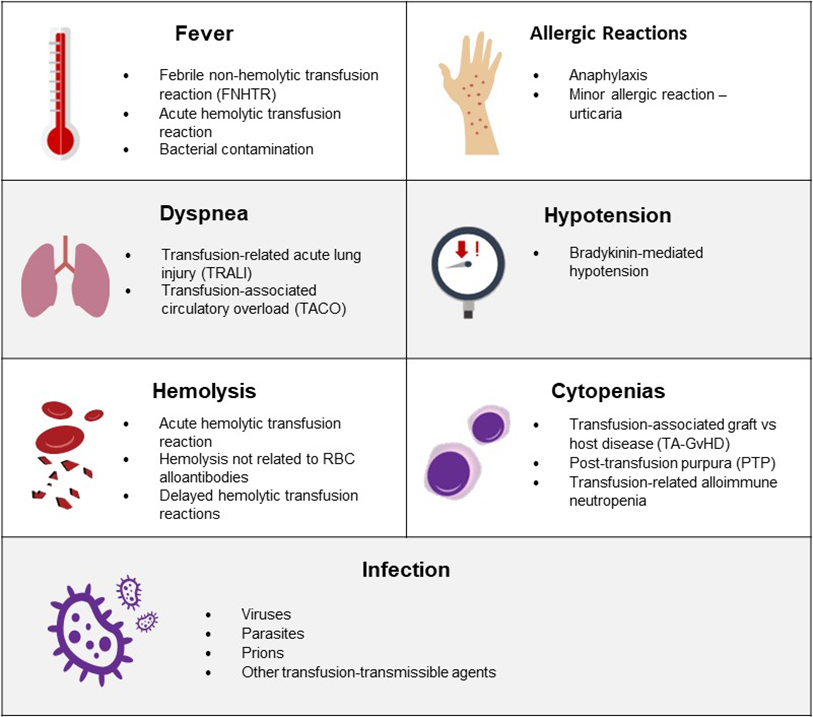A nurse is assisting in the care of a client in a provider's office.
A nurse is planning care for the client. Which of the following prescriptions should the nurse anticipate the provider to prescribe?
Select all that apply.
Administer a diuretic.
Limit alcohol intake to 2 drinks per day.
Keep daily fat intake to less than 35%
Place on 2300 mg sodium diet.
Administer an antibiotic
Limit foods high in potassium.
Correct Answer : A,B,C,D
A. The client has hypertension and high sodium levels, indicating fluid retention, so a diuretic may be prescribed to help manage these conditions.
B. The client reports difficulty sleeping without drinking several beers a night, indicating a potential alcohol problem. Limiting alcohol intake is a common recommendation for clients with this issue.
C. The client has elevated LDL cholesterol, indicating high-fat intake, so limiting fat intake can help manage this.
D. The client has elevated sodium levels, so reducing sodium intake can help manage this.
E. There is no indication for an antibiotic prescription based on the client's symptoms and lab results.
F. There is no indication of high potassium levels, so limiting foods high in potassium is not necessary.
Nursing Test Bank
Naxlex Comprehensive Predictor Exams
Related Questions
Correct Answer is C
Explanation
Rationale:
A. Administering diuretics in the evening may increase the client's need to urinate and disrupt sleep.
B. Using overhead lighting when checking equipment may disrupt the client's sleep and should be avoided.
C. Keeping the door to the client's room closed can reduce noise and disturbances from the hallway, promoting a more restful sleep environment.
D. Providing snug-fitting nightwear may be uncomfortable and restrict movement during sleep.
Correct Answer is C
Explanation
Rationale:
A. Hyperthermia may indicate a transfusion reaction, but dyspnea is a more immediate concern.
B. Urticaria may indicate a mild allergic reaction, but dyspnea is a more immediate concern.
C. Dyspnea is a sign of a possible transfusion reaction and should be reported immediately to the provider.
D. A headache may indicate a mild reaction to the blood transfusion, but dyspnea is a more immediate concern.

Whether you are a student looking to ace your exams or a practicing nurse seeking to enhance your expertise , our nursing education contents will empower you with the confidence and competence to make a difference in the lives of patients and become a respected leader in the healthcare field.
Visit Naxlex, invest in your future and unlock endless possibilities with our unparalleled nursing education contents today
Report Wrong Answer on the Current Question
Do you disagree with the answer? If yes, what is your expected answer? Explain.
Kindly be descriptive with the issue you are facing.
